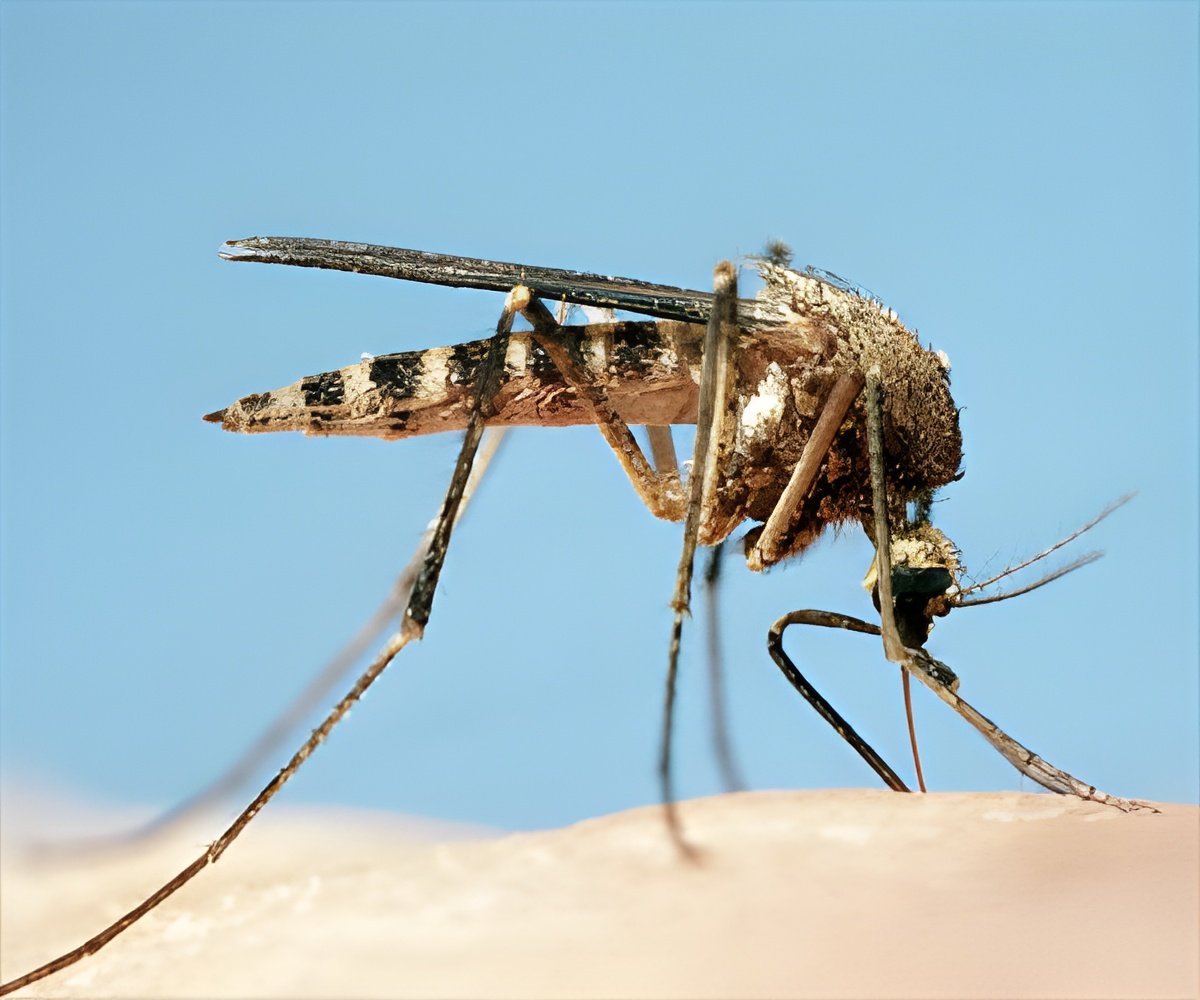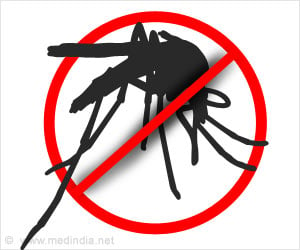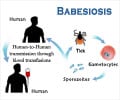
The presence of this protein was found to be critical to the Plasmodium falciparum parasite’s ability to attach itself to the red blood cell surface during invasion. This discovery opens up a promising new avenue for the development of therapies to treat and prevent malaria.
Senior author Manoj Duraisingh said that Plasmodium falciparum malaria parasites have evolved several key-like molecules to enter into human red blood cells through different door-like host receptors.
Duraisingh noted that if one red blood cell door is blocked, the parasite finds another way to enter, adding that they have now identified an essential host factor which when removed prevents all parasite strains from entering red blood cells.
Lead author Elizabeth Egan and colleagues developed a new technique to tap into a relatively unexplored area, identifying characteristics of a host red blood cell that make it susceptible to the parasites. Red blood cells are difficult targets for such efforts as they lack a nucleus, which makes genetic manipulation impossible.
The researchers transformed stem cells into red blood cells, which allowed them to conduct a genetic screen for host determinants of P. falciparum infection. They found that malaria parasites failed to attach properly to the surface of red blood cells that lacked CD55. The protein was required for invasion in all tested strains of the parasite, including those developed in a laboratory as well as those isolated from patients, making it a primary candidate for intervention.
Advertisement
Source-ANI














